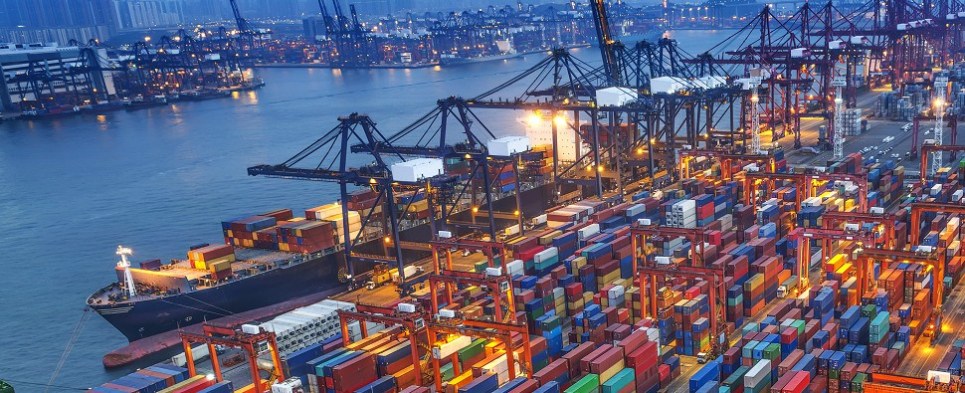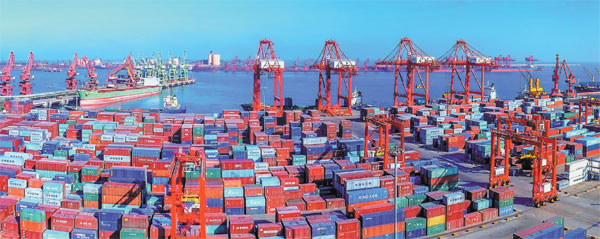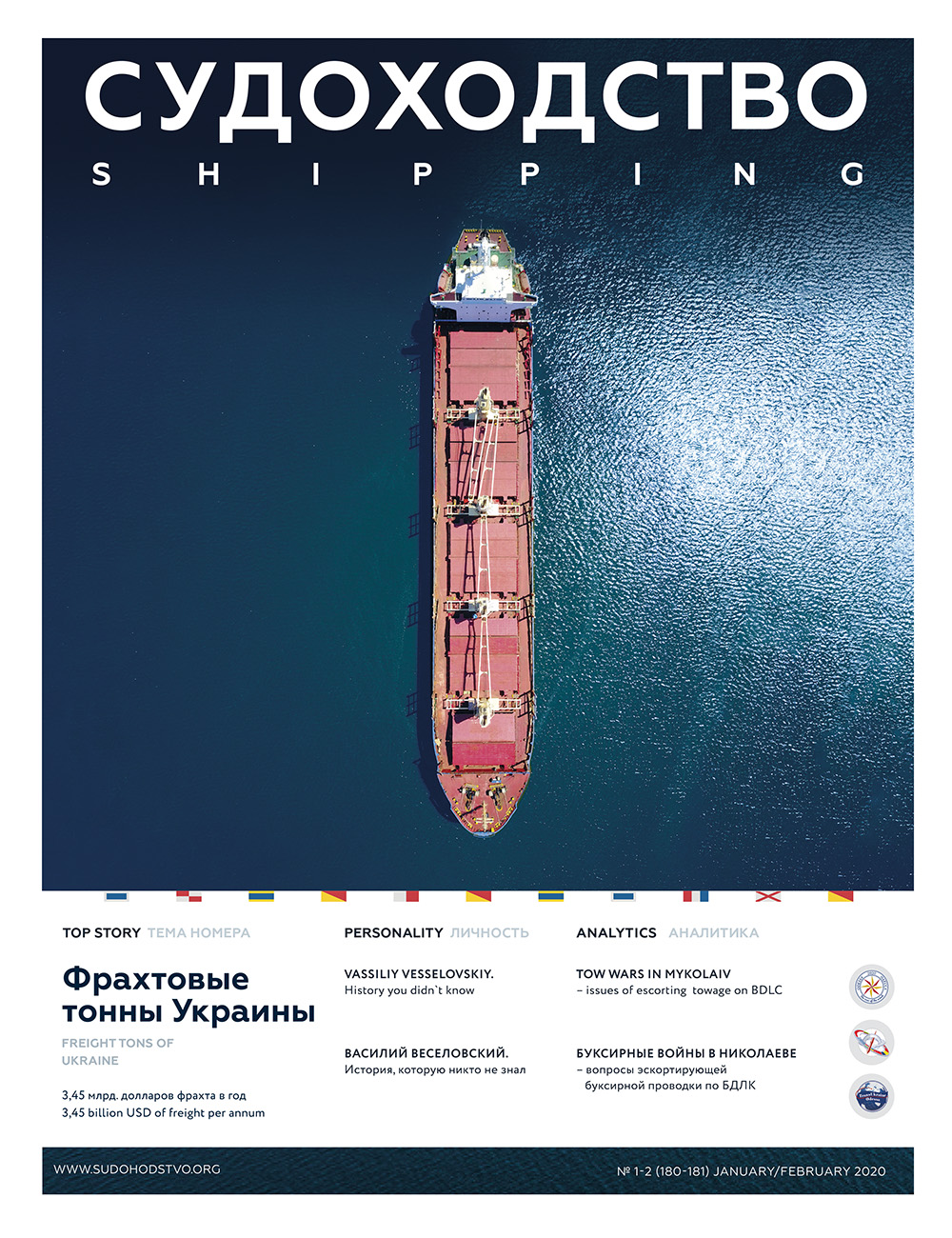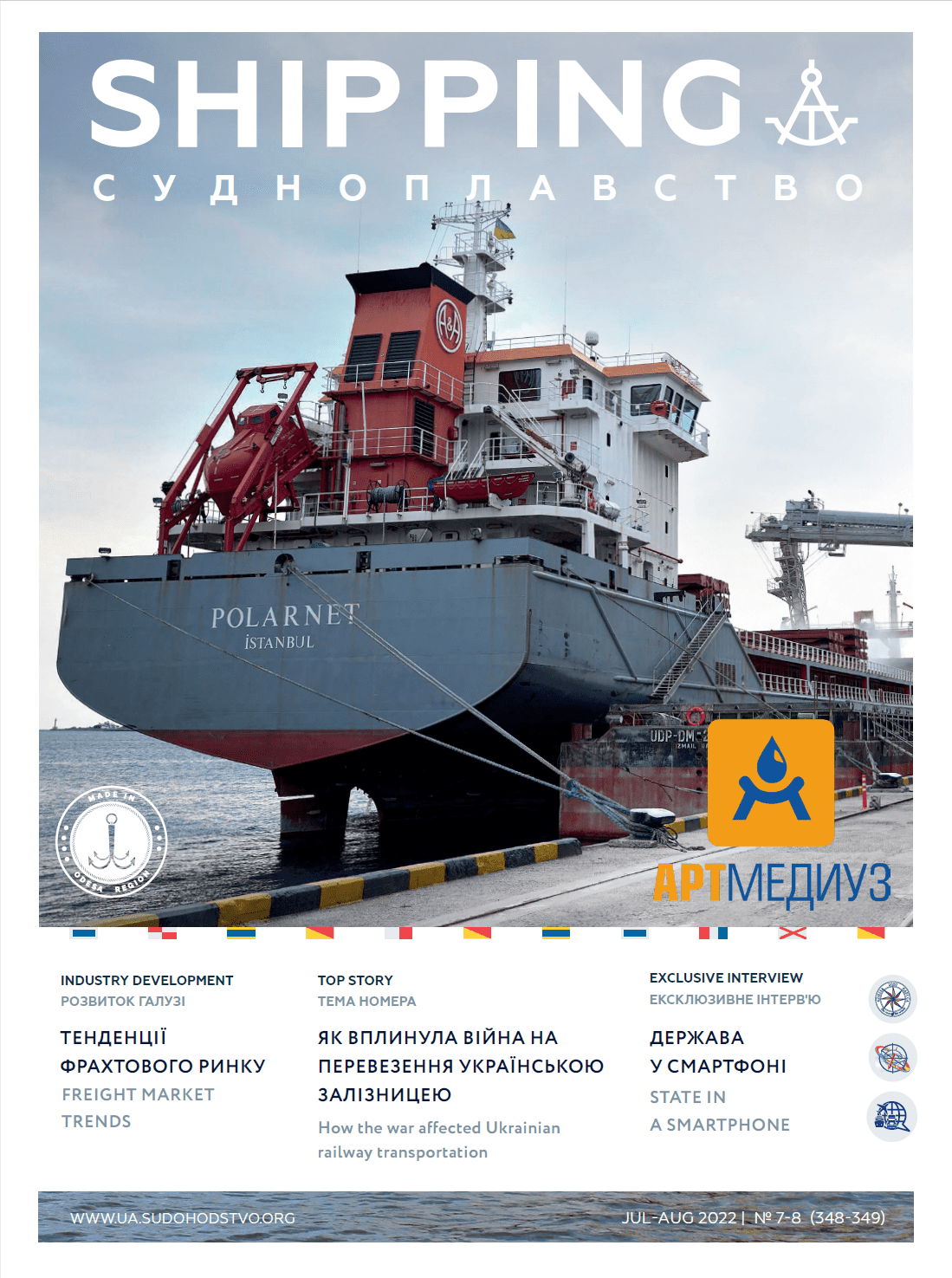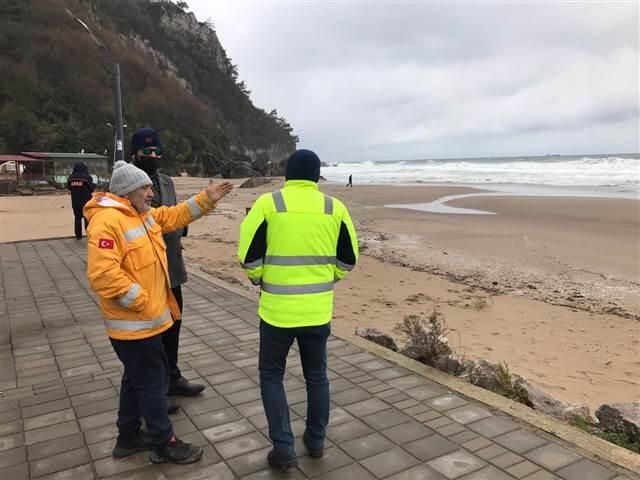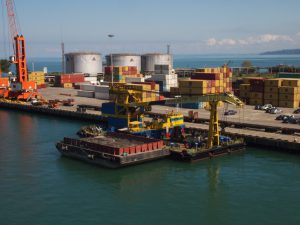West African waters are the world’s most dangerous for piracy. In order to reduce piracy in this region, Nigeria has introduced a new anti-piracy bill.
The Suppression of Piracy and other Maritime Offences Bill, 2019, has received president Muhammadu Buhari’s assent after passing the Senate and House of Representatives on April 9 and April 30, respectively.
According to the statistics: of the 75 seafarers taken hostage onboard or kidnapped for ransom worldwide so far this year, 62 were captured in the Gulf of Guinea, specifically off the coasts of Nigeria, Guinea, Togo, Benin and Cameroon.
Nigeria’s bill gives effect to the provisions of the United Nations Convention on the Law of the Sea (UNCLOS), 1982, and the International Convention on the Suppression of Unlawful Acts against the Safety of Navigation (SUA), 1988, and its Protocols.
New law also fulfills the international requirement for standalone legislation on piracy, as against the approach of using the Maritime Operations Coordinating Board Amendment Bill to criminalize piracy.
Some of the significant provisions of the bill include a distinct definition of piracy and other maritime offences/unlawful acts; punishment upon conviction for maritime crimes; restitution to owners of violated maritime assets or forfeiture of proceeds of maritime crime to the federal government; and establishment of a piracy and maritime offences fund with prescribed sources of funding that will be utilised in the implementation of the act.


